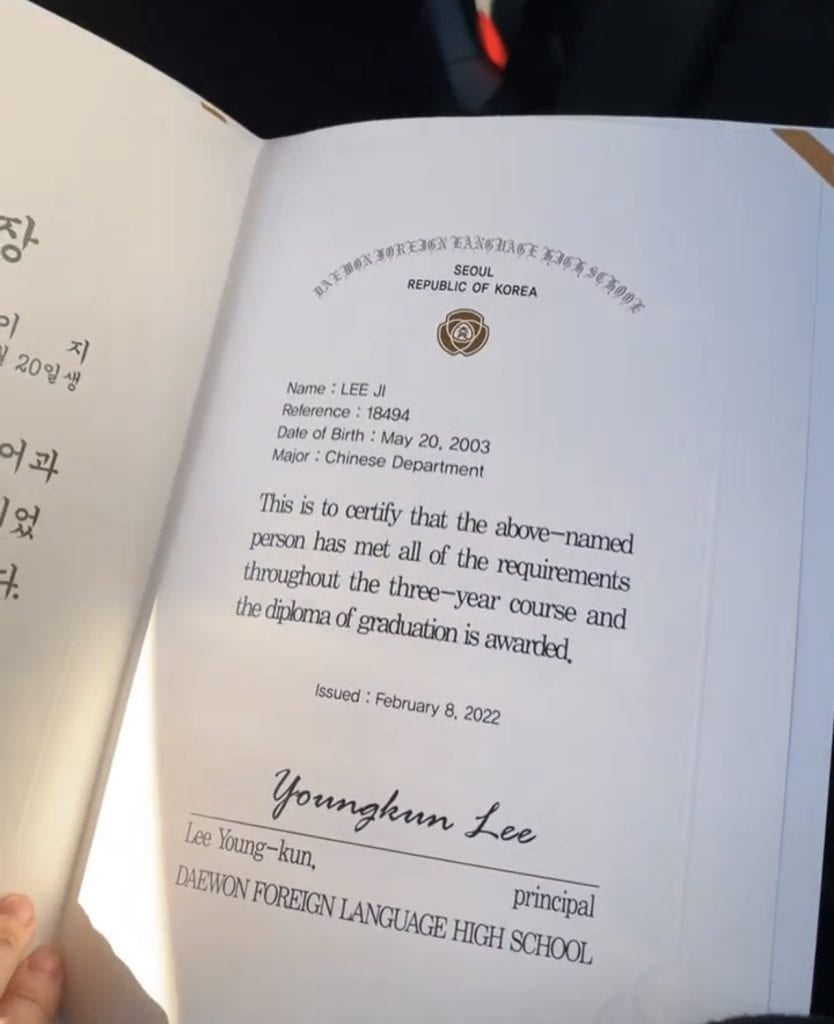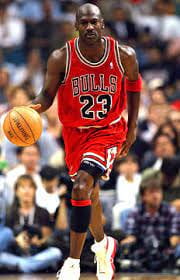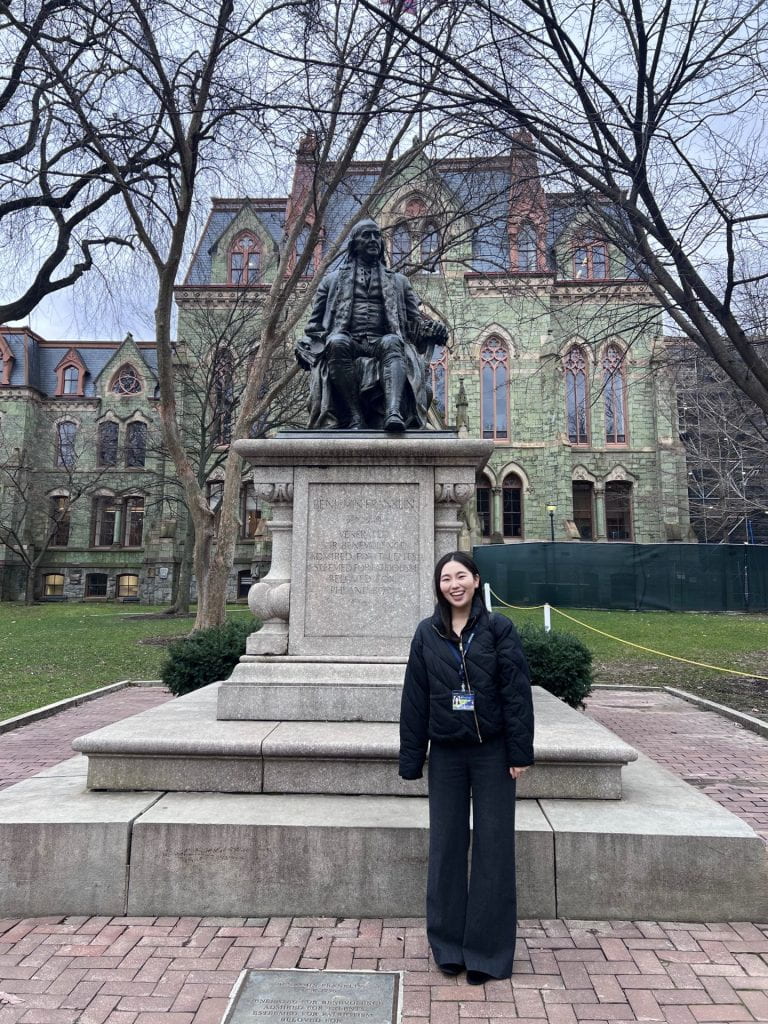
Hello, my name is Ji LEE. I’m from Korea, and now I just finished the year of sophomore in Hankuk University of Foreign Studies. My name, Ji(지) means wisdom. My parents named me to be a person who is not only smart but also wise. So I always try to use my wisdom in daily life such as when I work in leader’s position, and also try to develop and expand my wisdom. To describe me as three adjectives, I can say enthusiastic, sincere, and optimistic. Now, let me tell you what I love.


Language: I am a person intrigued in ‘language’. I can speak Korean, English, Chinese and Spanish. For sure, I can speak Korean because that is my mother tongue. But moreover, I am interested in delivering my it properly, and accurately. Especially when I show or tell my foreign friends how to use Korean, I feel huge responsibility to speak Korean accurately as a representative of Korean. My effort of Korean pronounciation enhanced my level of other language. For English, I tried to practice it by repeating native speakers’ talking as same as I can. I spoke it out by singing the English pop song or making a virtual situation and talking alone. For Chinese, I had many friends who are truely enthusiastic in learning it. I was in the Chinese department of DFLHS(Daewon Foreign Language HighSchool), and that experience made me put big effort on Chinese studying. And still now, I am keep studying department of Chinese in Chinese foreign affairs and commerce. Lastly, from taking a class of my double major Spanish class, I started to learn Spanish. My key strength of Spanish is making sound of r.






Golf: You can not describe me without golf. I truly love to play golf. In Korea, I used to go to the driving range and practice everyday. Even the weather is exceedingly hot or freezing, I keep practice. Actually I feel the weather of the day with my whole body by hitting the balls! (Hahaha) There are so many reasons I love golf but if I just pick two, then first one will be ‘It helps me build stronger relationships with people around me.’ By playing golf I got much closer with my parents and younger sister. Also by playing a simple short game, or only just talking about the golf, it is able to build a rapport. For Second reason, I can more focus on myself. Comparing with other sports, golf is a game that you have a lot of things to decide and move to an action by yourself. Also practicing progress requires analyzing yourself and thinking about yourself.








